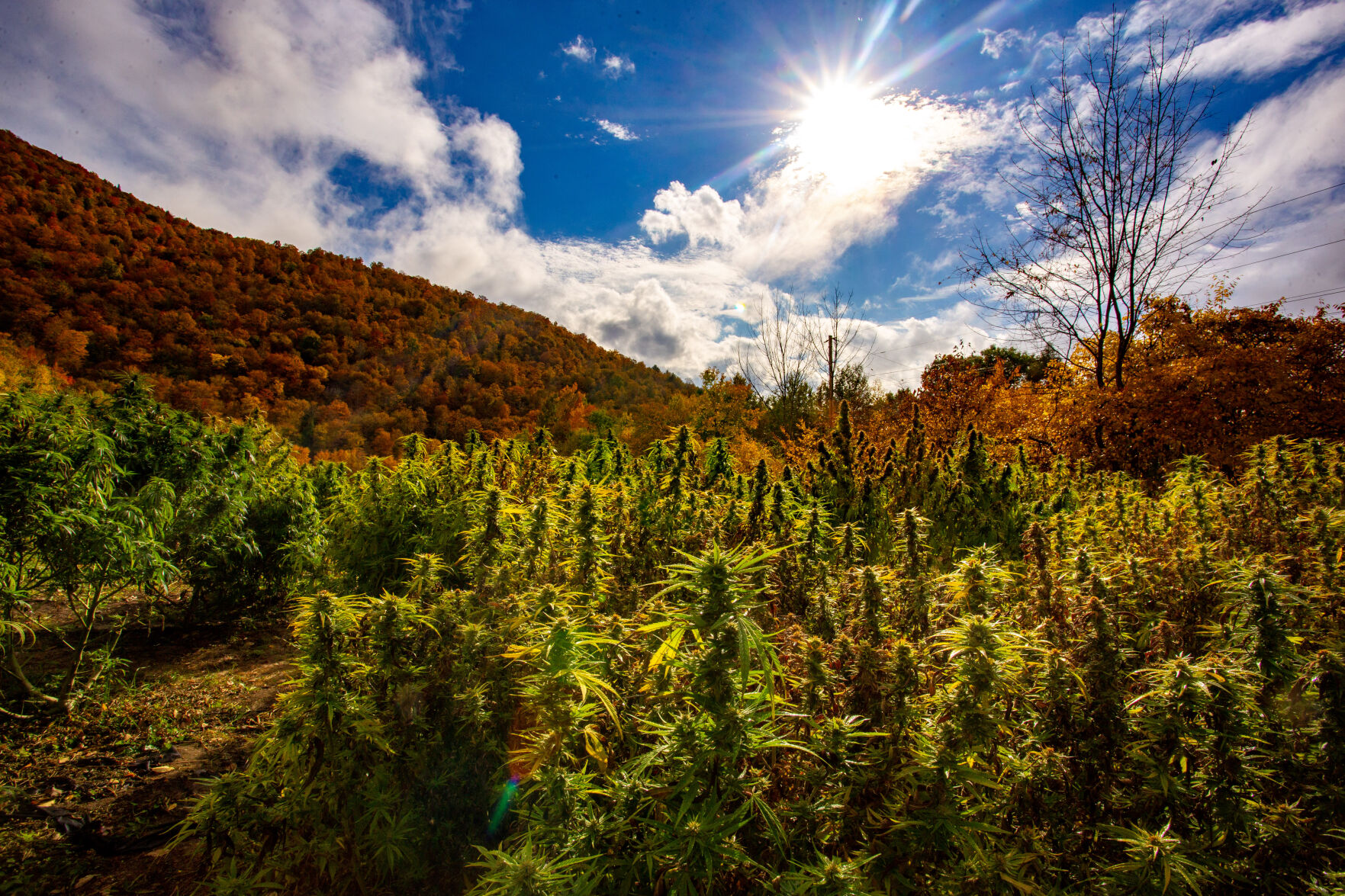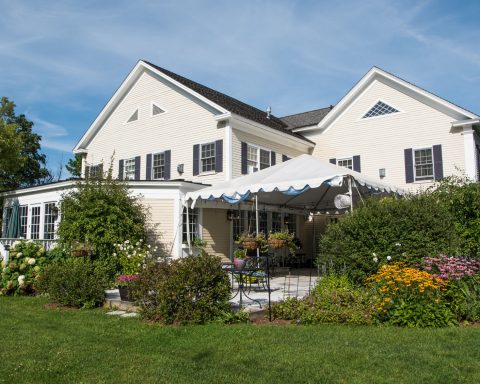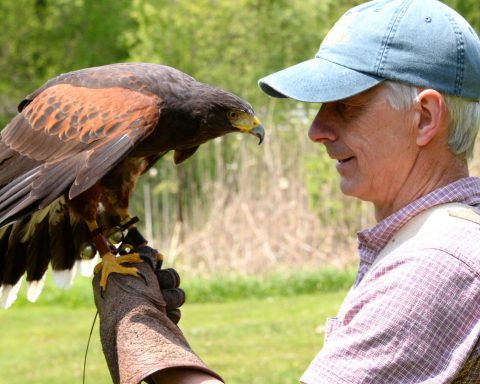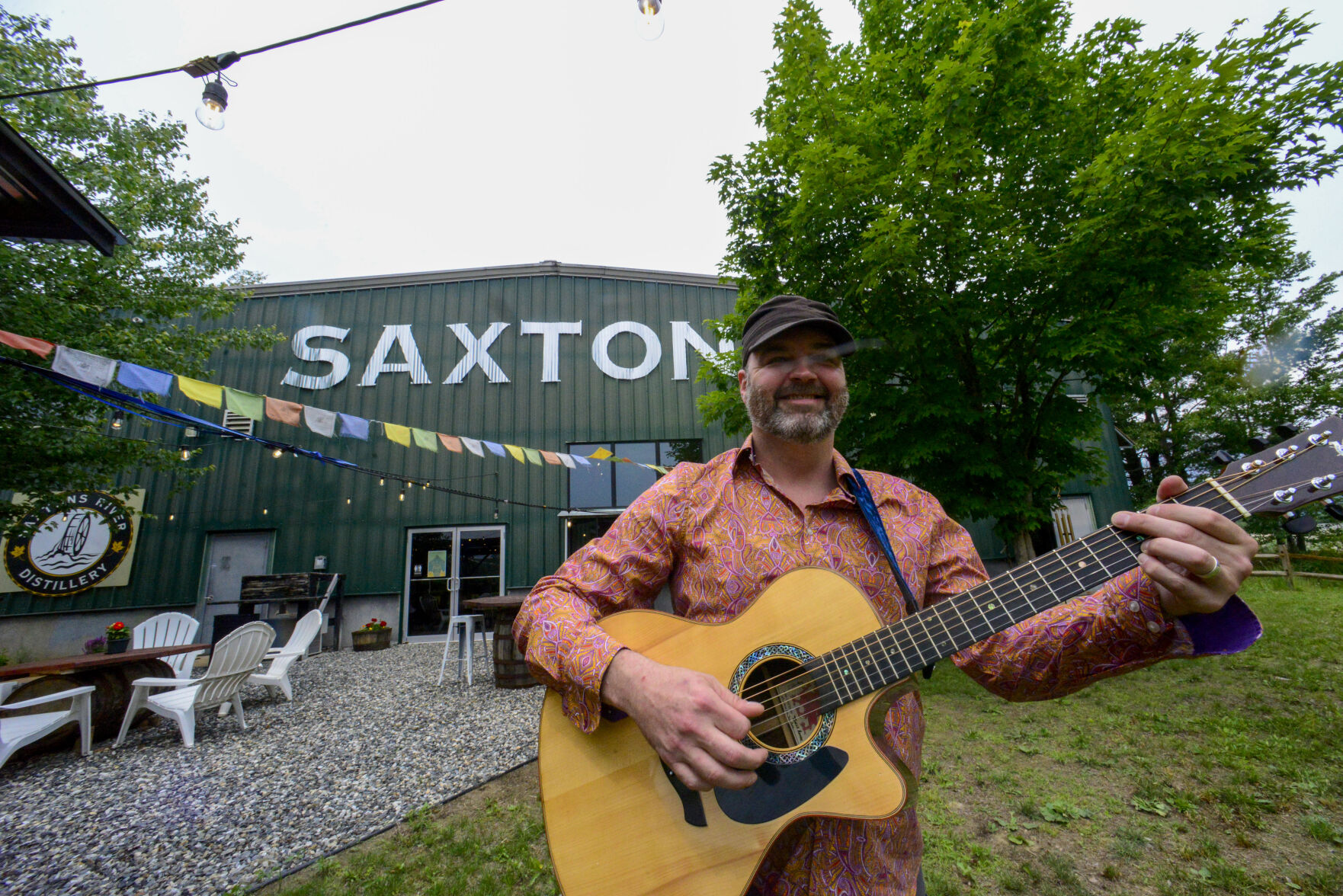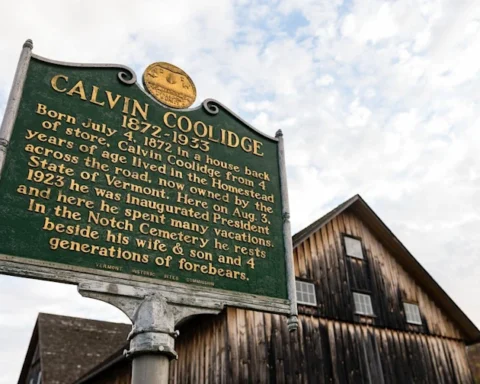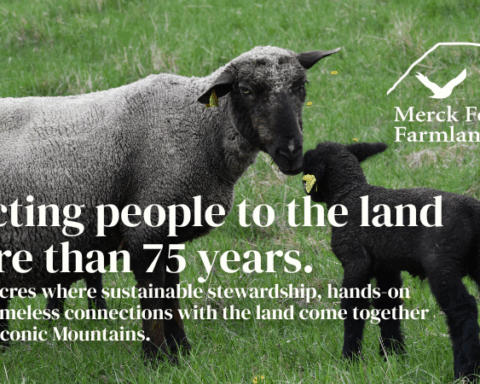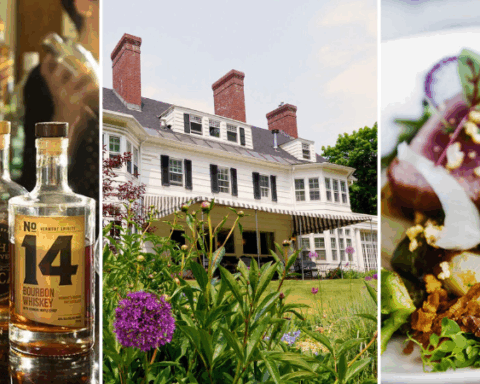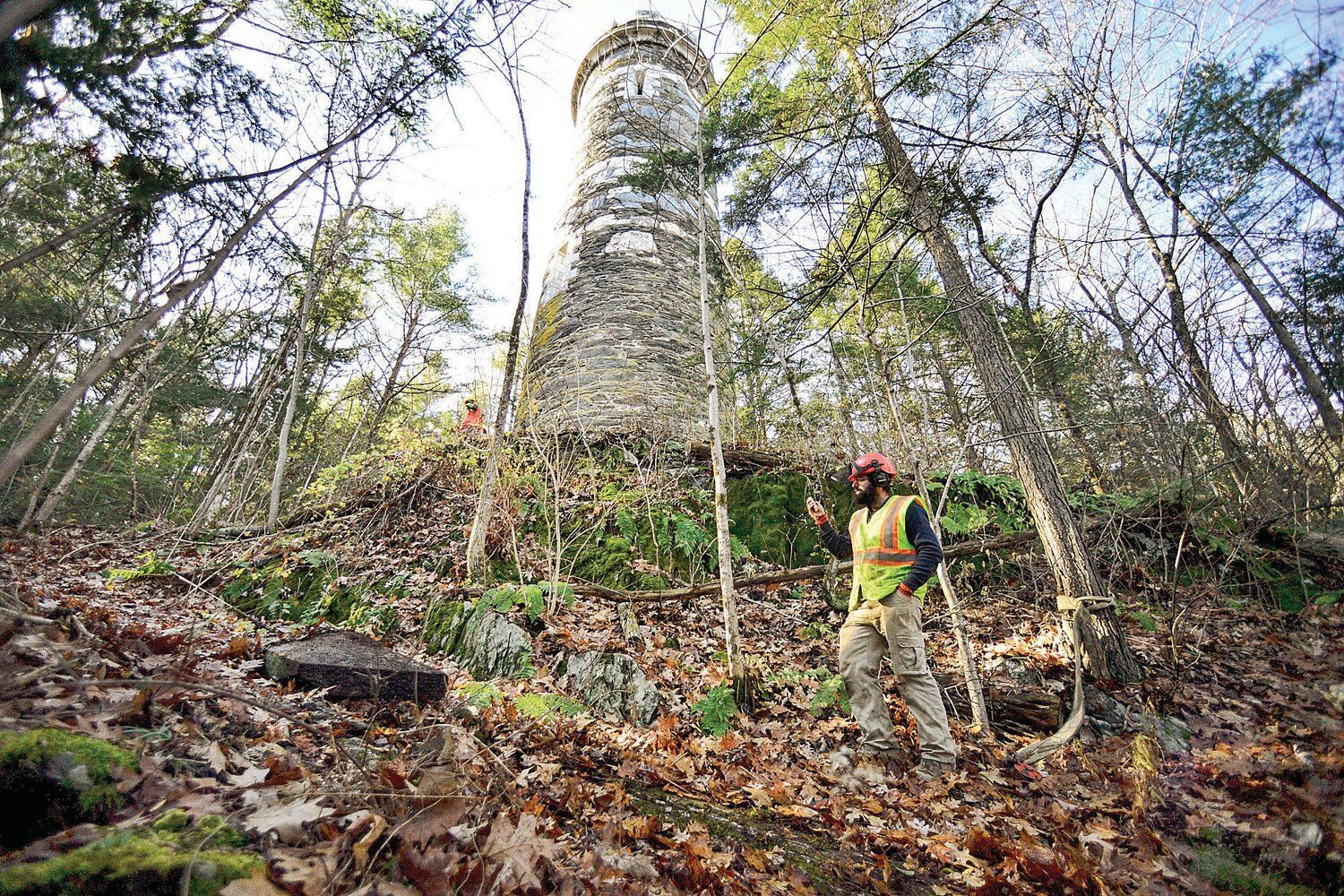By Jeff Diehl, Craft State Media.
STOCKBRIDGE — El Niño, the warming phase of a two- to seven-year cycle in the Pacific Ocean, is forecast to wreak havoc on weather patterns around the world this year. And indeed, we seem to have kicked off the warm season here in New England in support of that prediction, breathing in poisonous air from Canadian wildfires. But, in a south-facing field in an old river bed next to a mountain in Stockbridge, Vt., El Niño will likely benefit 54-year-old Chris Lillie’s marijuana crop.
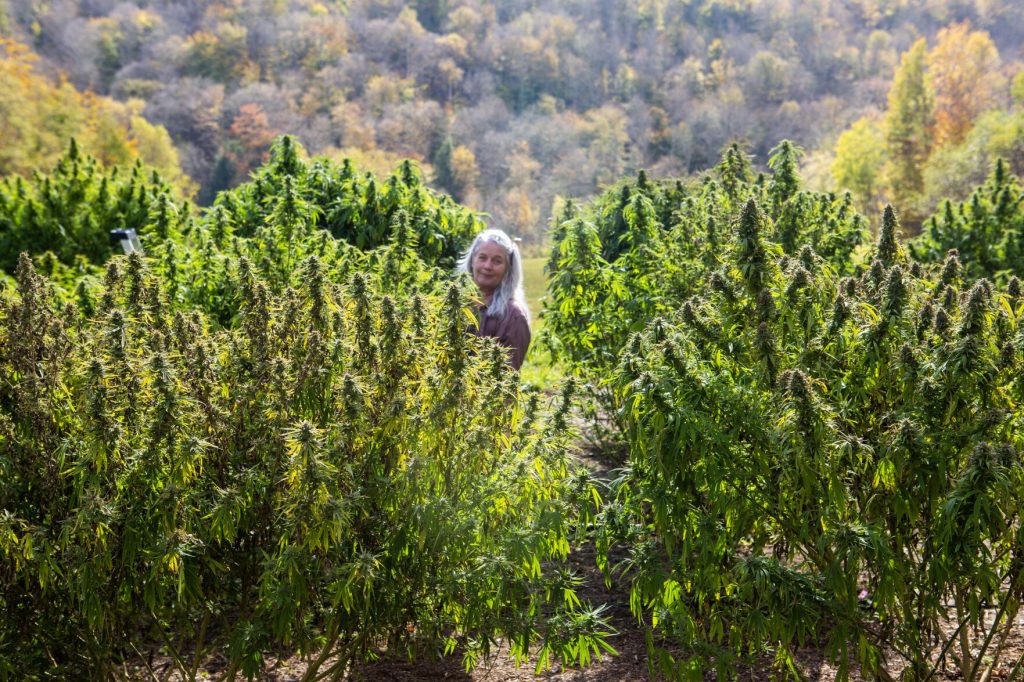
“I expect it to be super hot and dry,” she says, “which should be great for my sativas.”
Lillie’s just come in from a hot spring day in her field where she was digging holes for her plant starts. She is a Tier 1 licensed outdoor grower building her brand, Green Mountain Sativa, after sitting out the first year of legal adult use due to COVID and associated medical challenges. She thinks it will be a good year but, if it’s not, her mission will still have a future.
“Being able to grow 125 plants without worrying about helicopters? That’s all I need”
Chris Lillie
“The money will be great, but I just love to grow. If I can sell enough so that I can buy my seeds next year, I’m gonna keep going.”
She buys her seeds from a company in Maine. She would love it if they came from Vermont, but it’s not yet in the cards. She puts value in keeping as much of the Vermont cannabis industry within Vermont as possible, especially the money.
Anticipating the arrival that evening of two friends in their late 50s, she talks about how they are coming over to help her plant, but that it’s really about teaching them how to do it themselves.
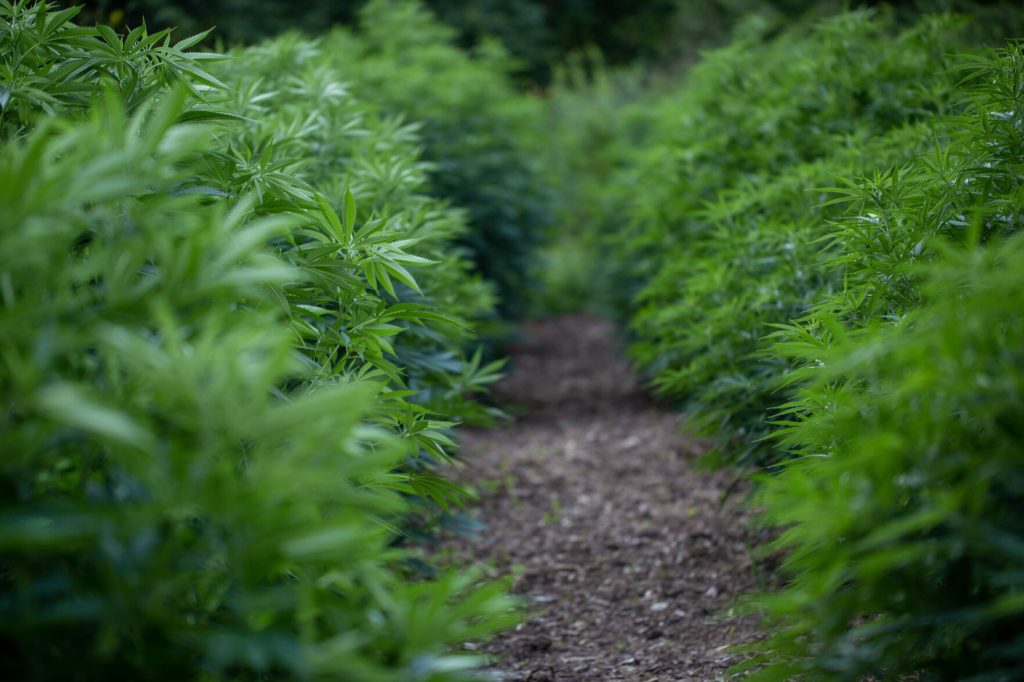
“They got their cannabis cards for the first time,” she says. “And hopefully it all works and I can hire them on. Hiring Vermonters and paying a good wage is what cannabis is about, for me. Reinvesting money in people rather than hoarding it in the bank and getting out as quickly as you can.”
Lillie and her friends use cannabis to treat symptoms around menopause, such as pain, depression, insomnia and brain fog.
“My daughter says, ‘Mom, you found your niche!’”
Finding the right strain and figuring out what will make the plants thrive on her land has also been a treatment of sorts. The energy in her voice rises as she goes into the details of how she is preparing for this year’s main strain, “Strawberry Cough.”
“I dig every hole 18 inches deep, 30 or 40 inches around, and then I replace the dirt with local compost, mixed with the Vermont virgin dirt, obviously. I’m a sativa girl, so I don’t grow for weight!”
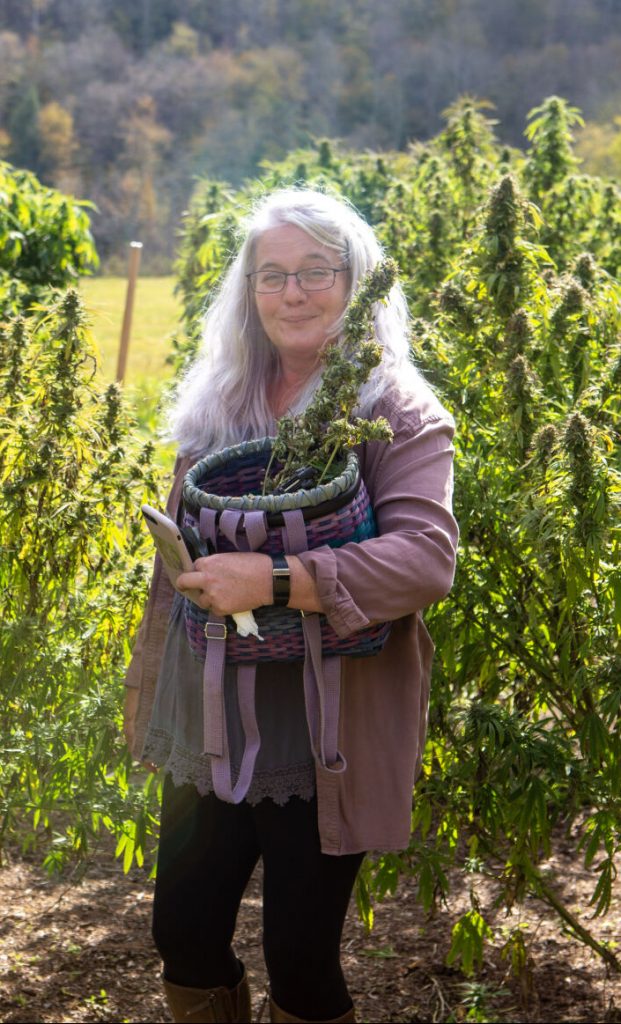
She’s also planting “Wedding Cake” even though people told her it’s hard to grow outdoors — just to see if she can. “It’s good to work on your skills with something a little more difficult.”
Many players in the cannabis industry anticipate difficulties to which they’ll need to adapt.
Some, like former carpenter Ben Wilcox, 36, have already started adapting. He operates Off Piste Farm out of Sutton, and has kept his prices low this past year hoping he won’t have to lower them in the future when there is more supply entering the market.
“I could have maybe charged more, but I tried not to be greedy,” Wilcox says. “I’m making my money, and the stores are, too.” He prizes the relationships he has with his retailers, which are locally owned, independent shops.
“It’s a Vermont thing,” he says. “There’s not a lot of big corporate stores around the state, and it’s the same with cannabis dispensaries.”
Wilcox counts himself amongst the signatories of something called the “craft pledge,” a group of cannabis businesses in Vermont that have publicly promised to continuously create better products and keep shelves stocked, so that factory-produced corporate cannabis and out-of-state investment are not needed to meet demand in the state.
“Even before the pledge appeared, I was only ever going to work with independent stores anyways,” says Wilcox. He prefers going to a store personally, talking with the owner or manager, and having a straight conversation with real people to establish a business relationship.
“When you talk to a purchasing manager at a corporate-owned place, you don’t know if that person’s gonna get fired next week. They’re nice people, but they have no idea what the board is doing. The corporate structure doesn’t care about that person. It cares about making a profit for their shareholders.”
Which is not to suggest that a small, Vermont business owner will never lie to get an advantage. But for Wilcox, it’s a simpler matter to just never do business with them again.
“The stores I have been working with are great, with good people, and they want to support other small Vermont businesses like me who focus on the craft more than scaling up.”
Part of that dynamic for Wilcox has been his recent experience of building his own brand, as opposed to selling in bulk to brokers without the end consumer knowing he grew it.
“Now, my information is there on the jar, my license number, everything,” he says. “And, this year, anyway, it all sold. People said they liked it, and the stores want more.”
That feedback is important to Wilcox after all the work that consumes so much of his life, a complex cultivation process that starts with his method for finding the right genetics for a short Vermont growing season.
“This year, all of my plants, 100%, are from cuttings, from about six moms that I had,” he says. “I look for plants that have a really short vegetation period where it takes just the tiniest change in daylight for them to transition into flower, which for some of them happens at the end of July, to be harvested by the middle of September.”
This process is called pheno-hunting and it is a special kind of singular focus, almost obsession, on the part of the grower.
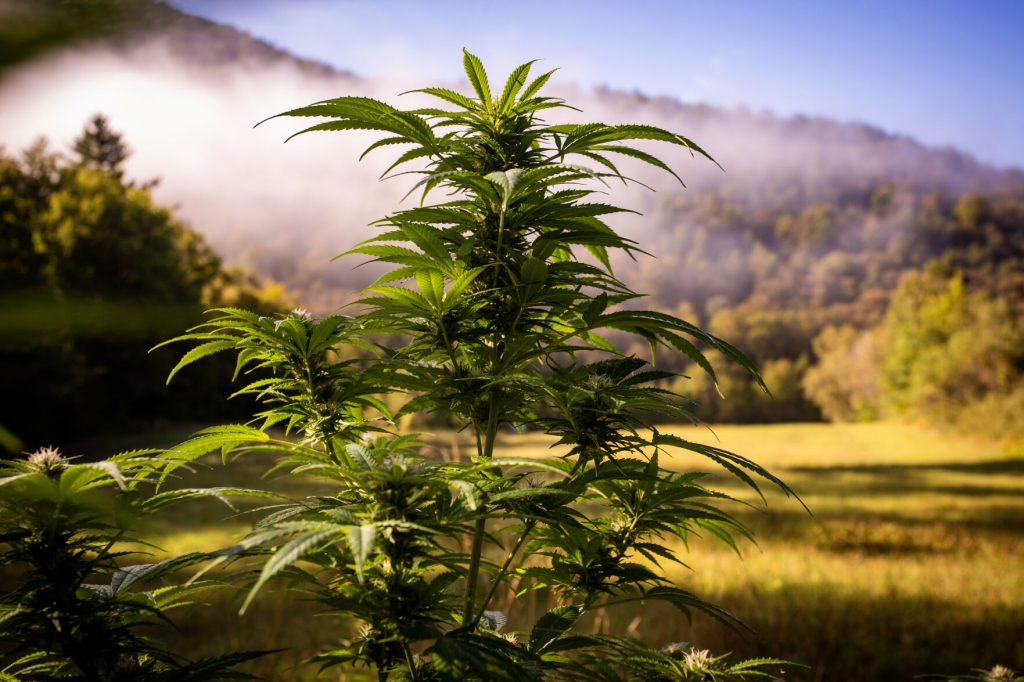
“Hunters” like Wilcox will identify desirable phenotypes, or genetic expressions, within a cannabis plant population. They carefully observe and evaluate various traits, such as growth patterns, bud structure, aroma, taste, potency and overall plant health, to identify unique and exceptional characteristics. Their goal is not merely to conquer nature, but to curate it, skillfully breeding and nurturing their discoveries to forge new cannabis strains that captivate and elevate the senses. In this hunt, the weapon of choice is not a rifle or bow, but a green thumb and a passion for unlocking nature’s botanical marvels.
Pheno-hunting requires expertise, patience and meticulous record-keeping to track and analyze the genetic variations within a cannabis crop, ultimately leading to the cultivation of exceptional plants with specific qualities desired by consumers and the wider cannabis industry.
But don’t make the mistake of thinking Vermont cannabis businesses never look beyond growing plants to improve and adapt.
The Devereux family of Barton has roots in the legacy black market going back decades, and today, the Devereuxs are the only craft operator to have three license types: cultivation, manufacturing, and retail — what they refer to as the “triple crown.”
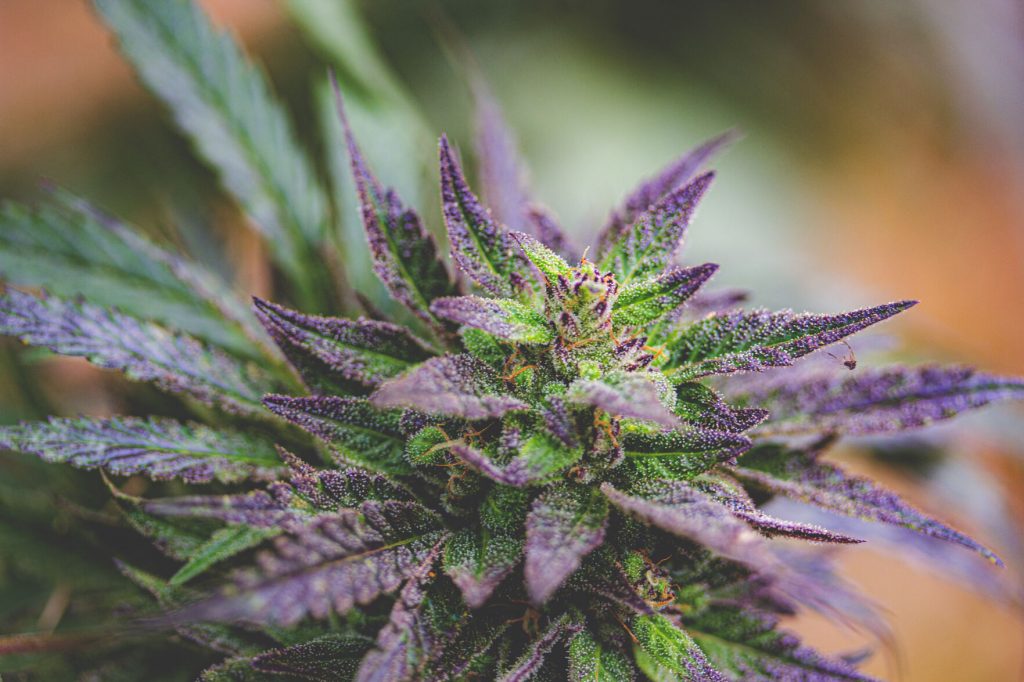
They insist they’re not doing it to get rich, though. Rather, they’re building something lasting for their two sons, Camden, 24, and Joel, 21. They want them to have a livelihood that is fun and adventurous, so they don’t have to leave the farm or Northeast Kingdom to find it elsewhere.
“I hear a lot of folks talking about how they can’t wait for their kids to move away,” says 57-year-old Cam Devereux, the boys’ father, who co-owns the operation with his wife and has been growing the crop in the shadows since he was 16. “I never understood that. I like having my kids around.”
Another reason they chose to stack business types was to keep their process in-house so they can control the quality of their products and keep customers happy. That means growing both indoor and outdoor crops, extracting oil for vaporizer cartridges and tinctures, and running a retail location that is the main way they sell to customers.
“To some people it might sound, I don’t know, exciting or something, owning four businesses,” says co-owner and schoolteacher Karen Devereux, 54, with a slight smirk. “That is not the word I would use. It’s tough. Even so, we wouldn’t do any of this if we thought we had to outsource most of what we do to make it work. We take pride in making our products ourselves, as best as we possibly can. We want our people to know we made it, and we are the ones who will answer for it, hopefully in a good way.”
As warmer temperatures usher in a season of change, the cannabis industry in Vermont stands poised for growth and transformation, stewarded by a group that is passionate, competitive and publicly aligned with the long-term viability of the entire state market.
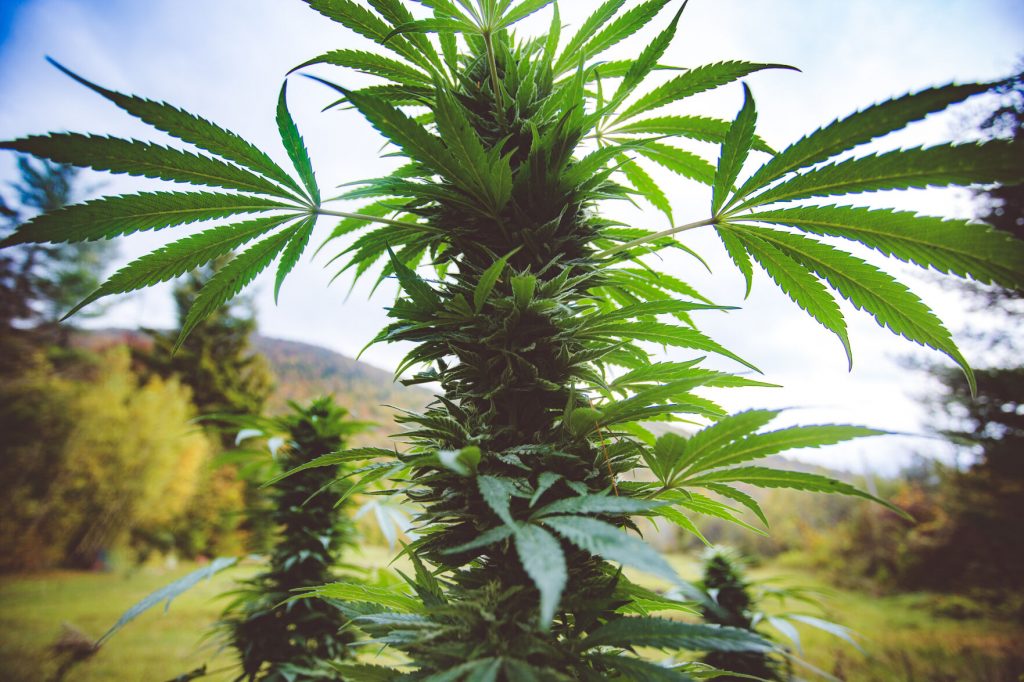
Sun-drenched fields and thriving craft operations sketch a picture of personal connections and community-driven values that seem to set Vermont cannabis apart from the corporate landscapes of other newly legalized states. The players are trying to build lasting legacies, foster livelihoods for future generations, and cultivate a sense of pride that resonates with each product they create.

Jeff Diehl is definitely not a cliche, despite having moved to Southern Vermont from California during the pandemic. He’s in love with his new home and is building a company, Craft State Media, in its honor. He writes and produces videos about the legal cannabis industry and other stuff, and is skilled at talking about himself in the third person.
